Everyone wants the next generation to thrive, but how we secure a bright future for the rising generation is dependent upon the strength and functionality of our institutions and systems. Dr. Ruth N. Lopez Turley offers up a sociological perspective on what systems and reforms are necessary to ensure all children have the opportunity to grow into thriving adults. Dr. Ruth N. Lopez Turley and Ian Rowe compare and contrast their perspectives on upward mobility with the goal of finding common ground in the pursuit of future success for all youth.
Afterwards, Dr. Jeremy Haefner (University of Denver), Dr. Mordecai Brownlee (Community College of Aurora), and Amy Parsons (Colorado State University) discuss what they have learned about the barriers and opportunities for upward mobility leading institutions of higher education.
-
- Ian Rowe, Senior Fellow, American Enterprise Institute
- Dr. Ruth N. Lopez Turley, Professor of Sociology and Director of the Kinder Institute for Urban Research, Rice University
- Dr. Jeremy Haefner, Chancellor, University of Denver
- Dr. Mordecai Ian Brownlee, President, Community College of Aurora
- Amy Parsons, President, Colorado State University
Isabel Soto debriefs the topics and themes of the evening, localizing them to the context of the Denver community, and previewing tomorrow’s sessions of engaging learning and compelling conversations.
November 29, 2023
Denver is a dynamic city that has experienced rapid change over the course of recent decades. A key ingredient to sustained dynamism is the strength of the institutions of civil society at the community-level. Senator James Coleman delivers remarks that outline how the institutions of family, religion, education, and entrepreneurship are faring in Denver and what unique strengths and challenges exist for the region going forward.
-
- James Coleman, Senator, Colorado State Legislature
Social Science has long demonstrated the importance of the family system. Children raised in healthy family environments excel along a whole host of psychological, emotional, and economic outcomes. But what specifically can parents do to create a family where their children thrive? Dr. Jenet Erickson moderates a conversation featuring Marriage and Family Therapist Rebecca Knudsen and Deborah Hendrix, Executive Director of local nonprofit, Parents Challenge on how parents can create functioning family systems that contribute to the uplift of their children.
-
- Dr. Jenet Erickson, Research Fellow, Institute for Family Studies
- Rebecca Knudsen, MS, LMFT, Founder and Clinical Director, Thrive Relational Recovery
- Deborah Hendrix, Executive Director, Parents Challenge
Religion is one of the most important binding forces in society, both in the lives of individuals and in our communities. Faith communities produce positive social, emotional, and physical effects in their participants that other institutions are not capable of producing. Jason Janz leads a discussion featuring Dr. Anthony Bradley and Ivette Diaz on the unique opportunities faith communities have before them to build resilience in their communities.
-
- Jason Janz, CEO, CrossPurpose
- Anthony Bradley, Senior Fellow, Acton Institute
- Ivette Diaz, Program Officer, Stand Together Foundation
Children across the United States do not have access to the key institutions of family, religion, education, and entrepreneurship that are vital to their uplift. Systems in place intended to serve at-risk youth are often dysfunctional and counterproductive. Naomi Schaefer Riley discusses the current state of the foster care system, why it is failing those it is intended to serve, and what reforms should be undertaken to truly meet the needs of at risk youth, followed by an interview with Ian V. Rowe.
-
- Naomi Schaefer Riley, Senior Fellow, American Enterprise Institute
- Ian V. Rowe, Senior Fellow, American Enterprise Institute
Access to quality education is a prerequisite to leveraging future opportunity, but if families are not given the freedom to choose where their children are educated, they may become beholden to a dysfunctional system that does not serve students well. Daniel Garza shares some of his own story and outlines the present educational environment as well as how community members can advocate for educational systems that serve students well.
-
- Daniel Garza, President, The LIBRE Institute
- Ian V. Rowe, Senior Fellow, American Enterprise Institute
Economists and industry professionals alike are concerned about securing ample labor to ensure the future is marked by economic growth that enables the advancement of all workers. There are steps communities and industry leaders can take together that will ensure today’s youth are ready for tomorrow’s labor market. Tamra Ryan moderates a discussion with Brent Orrell and Helen Hayes on how youth can gain the vital skills needed to achieve the American Dream.
-
- Tamra Ryan, Economic Mobility Fellow, Common Sense Institute
- Brent Orrell, Senior Fellow, American Enterprise Institute
- Helen Young Hayes, Founder and CEO, ActivateWork
Mike Johnston, the Mayor of the city and county of Denver, discusses how the ideas explored throughout the day can be implemented in the Denver community. How can these concepts work in a city as ideologically diverse as Denver? Can we work together on behalf of kids, and find a throughline of common purpose to work across ideological differences to achieve common good?

